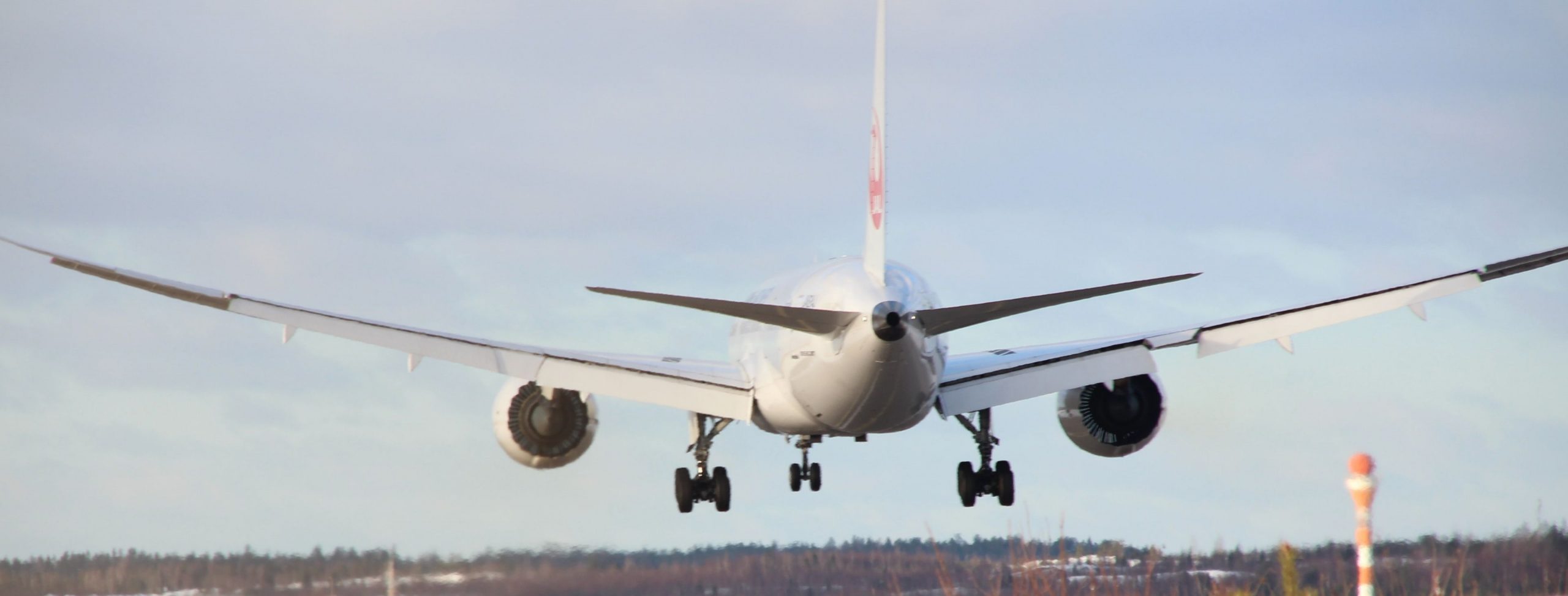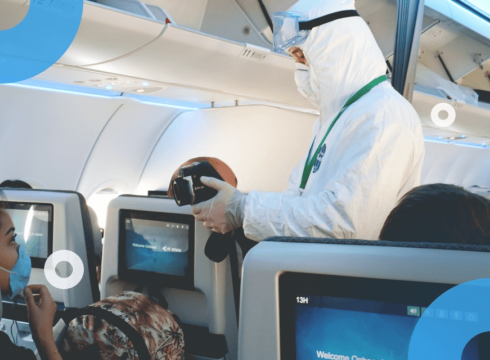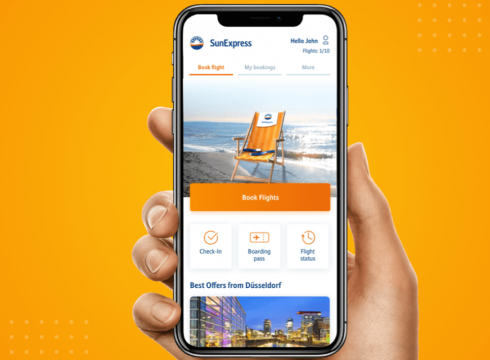Why Airline Companies Need an Omnichannel Commerce Platform?

As anyone who is familiar with the retail industry will be well aware, omnichannel commerce has become increasingly ubiquitous across a wide range of sectors. Perhaps unsurprisingly, the airline industry is one of the latest in a long list of industries to move towards adopting e-commerce platforms.
As will be explained, this move is in part driven by the International Air Transport Association’s (IATA) ONE Order program, which aims to modernise order management processes across the airline sector. The IATA’s New Distribution Capability (NDC) program also aims to bring the industry up-to-date with modern technologies as it involves the development of an XML-based data transmission standard that will improve the lines of communication between travel agents and airlines across nations. Indeed, every airline company is undergoing a disruption phase at the moment as shifting consumer demographics and evolving travel habits alter the landscape of the industry.
The release of exciting new technologies also means that the airline sector is advancing in a way that caters to customers’ needs and desires. Indeed, around half of the revenue generated by airports comes from non-airline products such as duty-free retail items, a fact that can be easily capitalised on through e-commerce sites.
It is simply not the case that airline passengers make impulse purchases whilst they are travelling. Many plan well ahead and would benefit from purchasing items and flight add-ons such as extra legroom, in-flight entertainment or food through e-commerce platforms well in advance of their flight. Indeed, as technologies advance, airlines are able to offer ancillary services and products separately, offering consumers more choice and control regarding their travel experience.
What opportunities do omnichannel commerce platforms present for the airline industry?
As laid out in the IATA ONE Order program structure, the adoption of omnichannel commerce platforms will significantly improve how airlines are able to manage the servicing, distribution, fulfilment and ultimate delivery of their goods and services. In so doing, the customer experience will be enhanced and airline companies will benefit operationally and financially.
Put simply, ONE Order represents the third stage in a digital transformation that has been ongoing for a number of years. In conjunction with the aforementioned NDC program, it will simplify the processes consumers must go through online for airlines to adequately fulfil their advertised goods and services. Indeed, it will modernise current airline reservation systems by combining the following into one electronic record:
- Passenger name records (PNRs)
- Electronic tickets (ETKTs)
- Electronic miscellaneous documents (EMDs)
The modern omnichannel commerce platform will allow airlines to sell a range of ancillary products and services in one place. This will feed into customers’ preferences for convenience and choice, as it will allow them to curate a personalised flight experience for themselves in a way that is quick, easy, and possible to do from the comfort of their own home.
Owners of airline companies need to start thinking about adapting their businesses for the introduction of ONE Order and omnichannel technologies. This is because consumers are starting to expect more from their airlines when it comes to personalising their in-flight comfort and entertainment experiences.
Fortunately, the need of the airline company to boost profits and remain competitive is also attended to with digital transformation. Retailing can produce value for airline companies in the following ways:
Developing new offers: Offers are easier to advertise and organise when they are disseminated through a central platform. This is good news for airline passengers who shop around for some of the most affordable deals. It is also good news for companies hoping to draw in a set of loyal customers.
Enhancing revenue management: Revenue management is simpler with a centralised platform.
Optimising the distribution mix: This will ensure that goods and services will reach customers in the right place and at the right time.
Targeting and engaging customers more effectively: Digital technology allows airlines to cater to specific needs much more easily and seamlessly.
Optimising payment and fulfillment options: Omnichannel commerce platforms allow consumers to pay for services in a way that suits them.
ONE Order promises to streamline the disparate systems many airline companies currently work with into a single order-management platform. This will make processing product and service orders and confirmations much easier and mitigate the chances of mistakes and, by extension, decrease the chances of unhappy customers.
What will consumers expect from their airline company?
According to Civil Airline Authority, consumers expect airline companies to provide prompt and accurate information about their flights, something that can be addressed through centralised omnichannel systems.
Customers also expect to be presented with personalised offers that allow them to enjoy an affordable flight experience that suits their needs. They might, for example, want to upgrade their seats, book extra transportation to and from the airport, purchase specific meal options, or select their own special in-flight entertainment. The options really are endless and it is up to airline companies to present customers with the kind of choice and variety that they desire.
The Ubimecs airline module
As explained above, the need for airlines to find and invest in an omnichannel commerce platform that works for them is quite urgent. The Ubimecs airline module is one such travel experience platform that promises to provide an excellent service to businesses working in the airline industry. Its benefits include:
Enhance Revenue Management: The industry might realize revenue increase by 2030 due to new revenue management capabilities of new distribution capability.
Offer controls and optimized distribution mix: These allow you to personalise fare offers and ancillary goods and services in a way that is clear and intuitive. This is great for customers hoping to exercise control over their in-flight experience, hence increases customer engagement and loyalty.
Customer engagement options: A platform that helps for understanding your customers’ priorities and desires: This will help you to curate a platform that not only boosts revenue but also increases your customer engagement and ensuring your business continues to grow.
All access points: Ubimecs offers customers a retail experience that is synchronised across digital channels such as smartwatches, laptops, kiosks, mobile phones, and more.
As has been clear throughout this article, then, airline companies need to adopt omnichannel commerce platforms to ensure that they are catering to a changing customer landscape. No longer is it acceptable to offer customers a one-size-fits-all flight package. Consumer choice is key and digital technology is the perfect way to deliver it.




